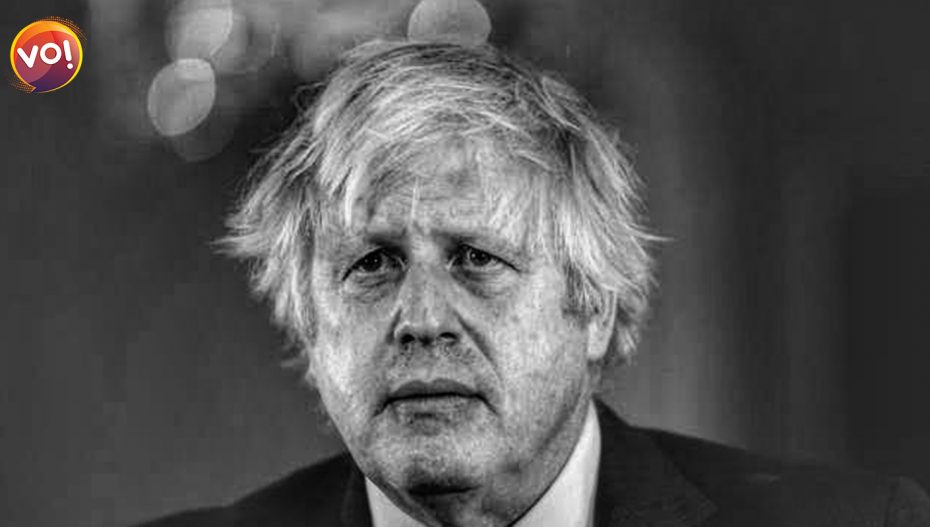British Prime Minister Boris Johnson, who is scrambling for support within his ruling Conservatives, has been mired in scandals since winning a landslide election victory in 2019.
Brexit spearhead Johnson, 58, joined other Tory MPs in ousting predecessor Theresa May in mid-2019.
After taking over in an internal leadership contest, he won voters’ overwhelming backing that December on a pledge to “get Brexit done”.
However, controversy was not far away though it couldn’t dent his popularity much in the initial stages. After dramatically surviving a near-fatal bout of Covid-19, and then spearheading the world’s first mass vaccine rollout, his poll ratings were buoyant.
Early 2021, his Conservatives romped home in an unprecedented by-election victory in Hartlepool, northeast England, once again eating into votes of the key opposition Labour party’s heartlands.
But that was it, things soon began to sour for him. In June 2021, the Tories suffered a major upset and lost the Chesham and Amersham by-election to the Liberal Democrats, appearing to have lost touch with their heartland voters.
Months later, Johnson suffered a backlash when he tried to change parliament’s disciplinary rules to save an ally, former Tory lawmaker Owen Paterson, from suspension.
The highly damaging “Partygate” scandal then blew up and in April, Johnson became the first prime minister found to have broken the law while in office. Several other blunders since appear to have almost sealed his political career.
What were the main scandals?
Other controversies which haunted Johnson include questions over who paid for a lavish makeover of his Downing Street flat and an expensive holiday to a private Caribbean island.
Not only this, several sleaze allegations emerged against him, largely centred on numerous Conservative lawmakers with lucrative second jobs, potentially breaching lobbying rules.
The scandal rebounded after Johnson tried — and failed — to overhaul how the watchdog system operates in this area to save Paterson. But “Partygate” took dissatisfaction to new levels both with his MPs and the public.
Although he was only fined once by police for attending one such gathering, a damning internal report ruled he must take responsibility for the overall culture of rule-breaking.
The latest controversy appears to have proved the final straw for Johnson’s erstwhile allies in the cabinet.
Conservative MP Chris Pincher announced he was quitting as deputy chief whip last week following accusations that he had groped two men while drunk at an exclusive private members’ club in London. More claims of sexual misconduct have since come to light.
But days of shifting explanations from Downing Street over what Johnson knew about Pincher’s alleged behaviour and when have prompted claims he has not been truthful.
Long known for defying political gravity, Johnson is hanging on to power by a thread. More than a dozen ministers and their Tory MP aides have resigned since Tuesday night, including two senior cabinet members.
More backbench Conservative lawmakers have written letters of no-confidence in his leadership. Johnson, though, survived a confidence vote among his MPs last month.
Meanwhile, his Conservatives are languishing in the polls, weeks after hundreds of its councillors were voted out of office in May’s local elections.
Many expect he could face another in the coming days or weeks — though it relies on the Tories changing their internal rules to allow it.
Opinion polls indicate deep public disapproval over “Partygate” and Johnson’s handling of it, with large majorities saying he knowingly lied about the scandal and should now resign.
A snap survey late Tuesday suggested seven in 10 Britons believe he should go — up 11 points in less than a month.
Johnson’s ratings have plummeted to unprecedented lows after facing weeks of open calls to quit from his side as well as opposition parties.
Also Read: Major Blow to Boris Johnson As 29 Govt Members Resign












